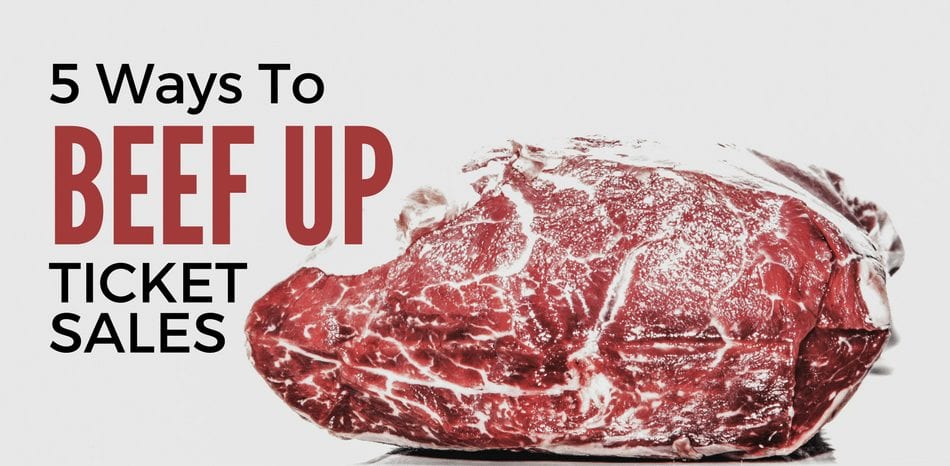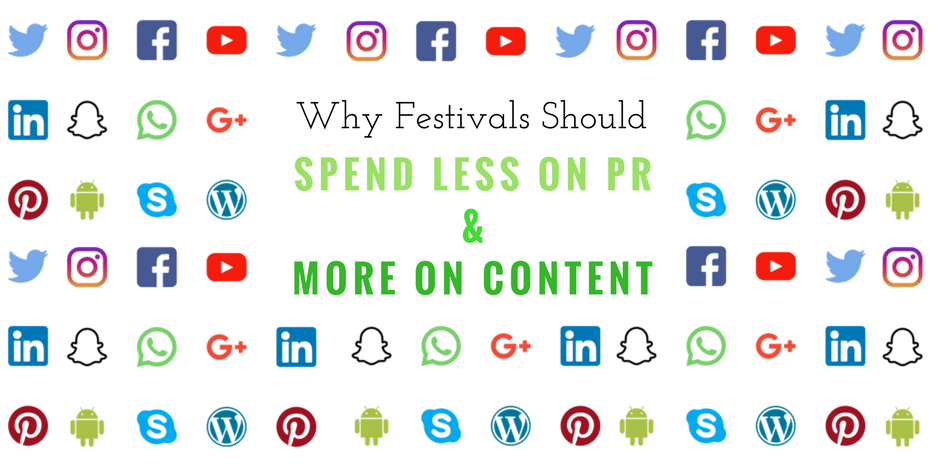The idea of the VIP has become a contentious one in recent years. Driven by a souring attitude towards wealth and exclusivity, and supported by more unscrupulous promoters packaging “IP” as “VIP,” the term doesn’t mean what it used to at a festival. At many events, VIP merely means being in a slightly less crowded bar area and access to toilets that are cleaned with a little more frequency. And when you consider the price hike and the volume of VIP tickets sold, you can feel somewhat less than important. Simon Beckingham is a Sydney-based restaurateur and founder of Lost Paradise, one of Australia’s first upmarket boutique festivals that takes place on and around New Year’s Eve. Beckingham is extremely passionate about hospitality and is committed to the idea that by elevating the standard and attention to detail, an event can build a brand that will withstand the waves of changes as well as market saturation. But the traditional idea of the VIP isn’t something that vibes well with him and his ethos. “VIP has connotations of elitism, and I don’t think that’s something I really want to have at my events,” he explained to Intellitix. “We try to focus on making the base experience a special one.” We asked Simon to explain his approach to hospitality at music festivals and why everyone coming through the gate needs a next-level experience.
Make Everyone Feel Valued
“I was at a festival over here where we went to this beautiful VIP bar on site and were able to get a great cocktail,” explains Beckingham. “But we didn’t feel good about the fact that we were elevated above the GA punters. I don’t think that’s the way things should be done.”
The 5 Seeds Paradise Bar is in full swing and the atmosphere is strong! Be sure to check it out to quench your afternoon thirst. pic.twitter.com/JFJZe47jdq — Lost Paradise Fest (@LostParadiseAU) December 30, 2016
His takeaway from that experience was that by elevating the base experience of the GA ticket holders he could create a culture of luxury and experience without the elitism. The cost of putting in a bespoke bar would be factored into the drink prices and spread across all ticket holders, thus creating a welcome sense of community amongst the luxury.
Spend Money on Art
“I think we have Burning Man to thank for the incredible focus on art and costuming that has come to influence festival culture in the last few years. We have certainly noticed that people need more than a lineup and a crate of beer, and knowing how to spend your money wisely and being realistic about your ROI, particularly in year one, is crucial.” Spending a significant chunk of money on art in your first year is a gamble because it won’t drive ticket sales like DJs or bands. But, if you have your eye on longevity, you should eat the cost and know that it’s going to build your brand better than any lineup could. “We put a lot of focus into dressing the site beautifully and making sure that people really explore the area and lose themselves in it for a few days,” says Beckingham. “And the social media coverage that we generated from that was incredible.”
Offer Upsells, But Give People Options
“We use six or seven different ‘glamping’ companies to bring tents to Lost Paradise. We know that there are a lot of people out there that want to come to the festival and stay, but don’t want to rough it in a little tent or deal with the hassle of putting it up and taking it down,” he explains. “But you shouldn’t just offer a two grand luxury tent and call it a day. There should be options for a variety of needs and budgets.” Lost Paradise also upsells the Lost Feast, a banquet-style meal prepared on-site by Michelin-trained chef Paul ‘Mick’ Mickleright of Sydney restaurant Hunter Gatherer, for a mere $45 AUS. This dining upsell is akin to Coachella’s fabulous Outstanding in the Field, but that comes in at staggering $225 USD per head.
Giving people the opportunity to step it up just a little more and enjoy something unique while they sit outdoors on New Year’s Eve becomes a pretty compelling offer. “It’s worth remembering that the industry has changed so much in such a short time, and that the expectations are much higher now than they used to be,” said Beckingham. “The details like food, drink, and art will create a lasting brand better than the lineups will, and if you can find a way to bring all of those things into sync and listen to your audience, you’ll do well.”]]>


